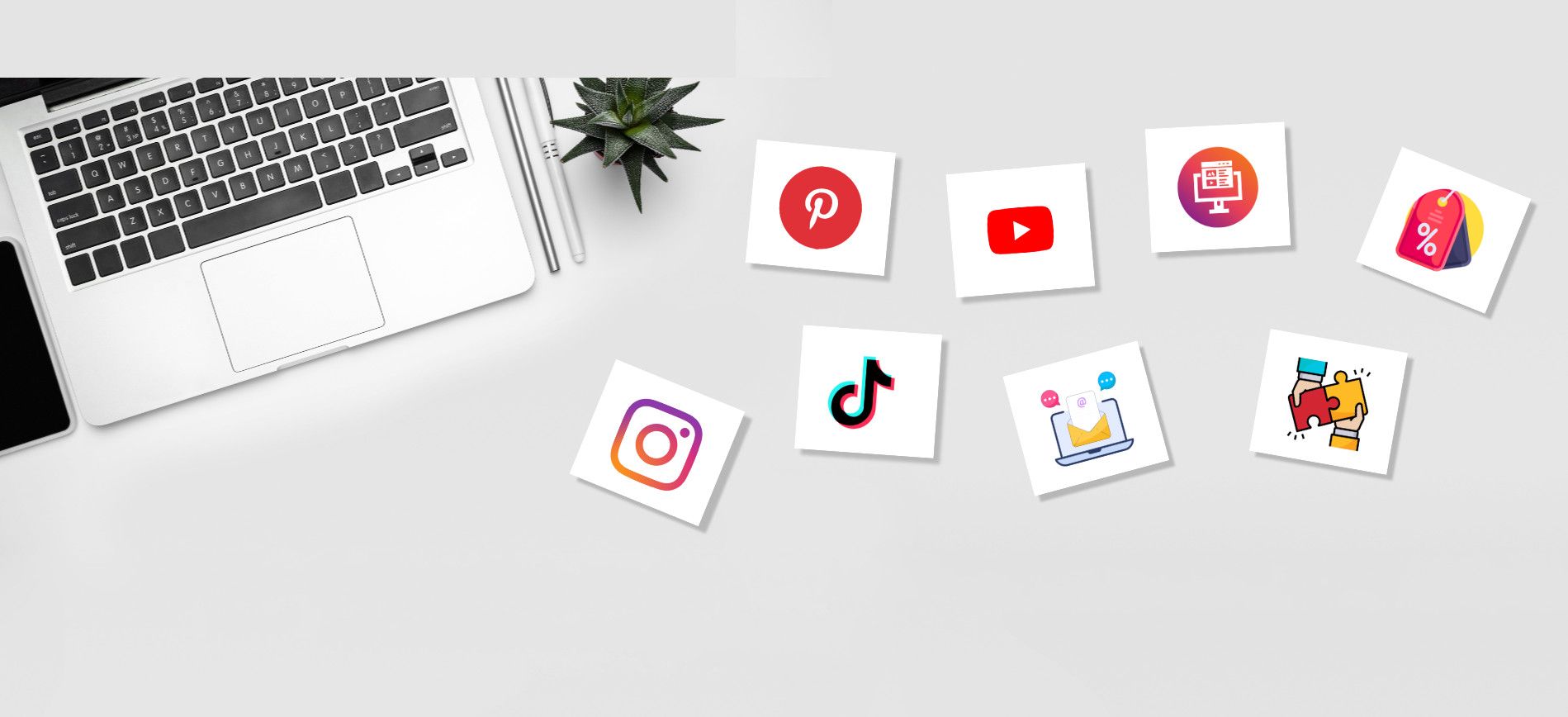How to use virtual events as part of an experiential marketing strategy
August 22, 2023
Experiential marketing is all about creating engaging, memorable experiences for your customers or clients. Its purpose is to leave a lasting impression on your audience and, nowadays, virtual events are a great way to create those experiences. Virtual events can be an effective strategy for engaging with your target audience and generating leads, but they require a different approach than in-person events.
Virtual events have a few distinct advantages over traditional in-person events. For one, they're much easier to scale. You can reach a larger audience with a virtual event than you ever could with an in-person event, which is great news for your marketing efforts. Additionally, virtual events are much more cost-effective than in-person events. There's no need to rent out a venue or hire catering services when you host a virtual event.
But perhaps the biggest benefit of virtual events is that they're just more interesting. In a world where almost everything is moving online, people are craving opportunities for face-to-face interaction and engagement. Virtual events provide the perfect solution. They’re easily accessible and bring people together from all over the world but they often use virtual meeting software to create a real-time, face-to-face experience.
So, if you're looking for a way to stand out from the crowd, experiential marketing through virtual events is the way to go. Here are some tips on how to use virtual events as part of your experiential marketing strategy.
Planning Your Virtual Event
No matter what type of event you're planning, the first step is always the same: planning. You have to plan your event around a specific theme or goal. What do you want your audience to take away from the event? What kind of experience do you want them to have? When planning a virtual event, it's important to consider the format and objectives of the event.
Then there are a few extra factors to consider. First, you'll need to decide what type of event you want to host. There are two main types of virtual events: live and recorded.
Live events are just like in-person events, except they're hosted online. This means that attendees can log in and interact with speakers and other attendees in real-time. Recorded events, on the other hand, are pre-recorded and can be watched at any time. Both types of events have their own benefits and drawbacks, so it's important to choose the one that's right for your goals.
Once you've decided on the format, you need to determine what your attendees want to get out of the event. Are you trying to educate them about your product or service? Generate sales leads? Drive traffic to your website? The answer to these questions will inform the rest of your planning process.
Now it's time to start thinking about logistics. What platform will you use to host the event? How will attendees register? How will you promote the event? Will you need any audio or visual elements? Answering these questions ahead of time will make for a smoother event.
There are several different platforms that can be used for virtual events, but not all platforms are created equal. Some platforms are better suited for live events while others work better for recorded events. So, it's important to do your research and choose the platform that's right for your needs.
Creating an Immersive Experience
Once you've planned all the details of your event, it's time to start thinking about how you can create an immersive experience for your attendees. First, you'll need to choose a theme for your event and make sure all your branding reflects that theme. Then, you'll need to think about how you can use technology to create an interactive experience for your attendees.
Create engaging content. Your virtual event should be designed to capture and hold your audience's attention. Plan interactive activities and make use of multimedia content to keep them engaged throughout the event. For example, if you're hosting a live event, you might want to consider using a platform that allows attendees to ask questions or provide feedback in real-time. Or if you're hosting a recorded event, you might want to consider incorporating interactive elements such as polls or quizzes into your presentation. By using technology to create an interactive experience, you'll be able to engage your audience and give them an experience they won't soon forget.
Before your virtual event, make sure all audio and visual elements are working properly before the event starts. If you're using a live platform, do a test run with a small group of people beforehand so you can work out any kinks. During the event, be sure to engage with attendees as much as possible. Make sure your audience feels like VIPs. Just because they're not physically attending doesn't mean they shouldn't feel like VIPs. Personalize the experience as much as possible and go above and beyond to make them feel valued and special.
Finally, don't forget to follow up after the event. The experience doesn't end when the event does. Be sure to follow up with your audience after the event, thank them for attending, and invite them to provide feedback on their experience. You can use post-event surveys and lead capture forms to collect attendee information and gauge interest in your product or service. You can also use this information to segment your list for future marketing efforts.
The online event landscape has exploded in recent years, providing businesses with a unique way to connect with their audience. Virtual events present the opportunity to create an immersive experience that can be tailored to the specific interests of your target audience, and when done right, they can be a great addition to your overall marketing strategy. These types of events offer marketers a unique opportunity to engage with their target audience and generate leads, while they connect with their audience in a way that leaves a lasting impression.
When executed properly, virtual events can be a great addition to any marketing campaign—so long as there's careful planning involved. By following the tips outlined above, you'll be well on your way to hosting a successful virtual event that meets all your experiential marketing goals.




Copyright 2024 iFactum®. All rights reserved
Highweb & Page Group Inc.
2386 Wasaga Drive, Oakville, Ontario L6H 0B7, Canada
www.marquet.cloud

